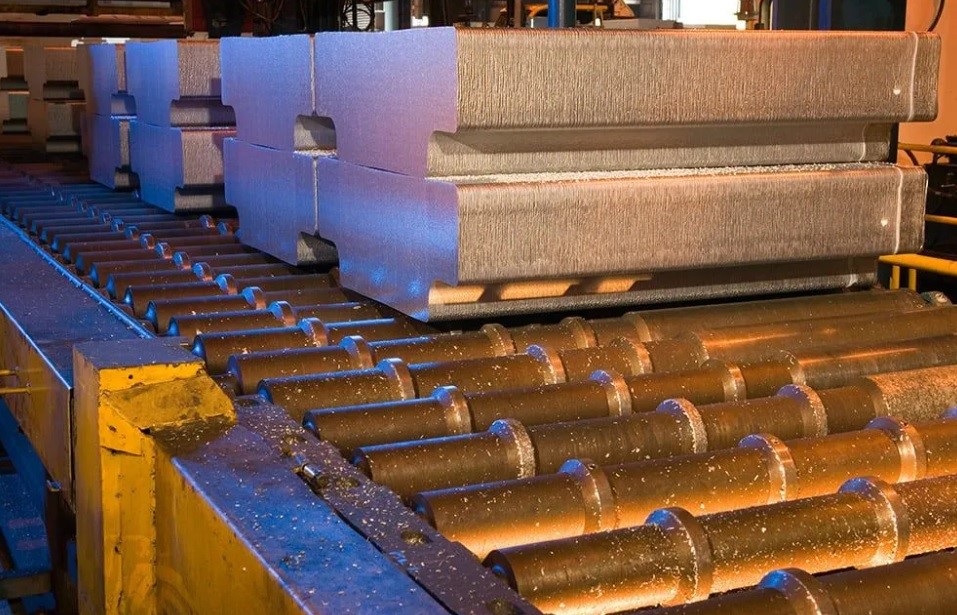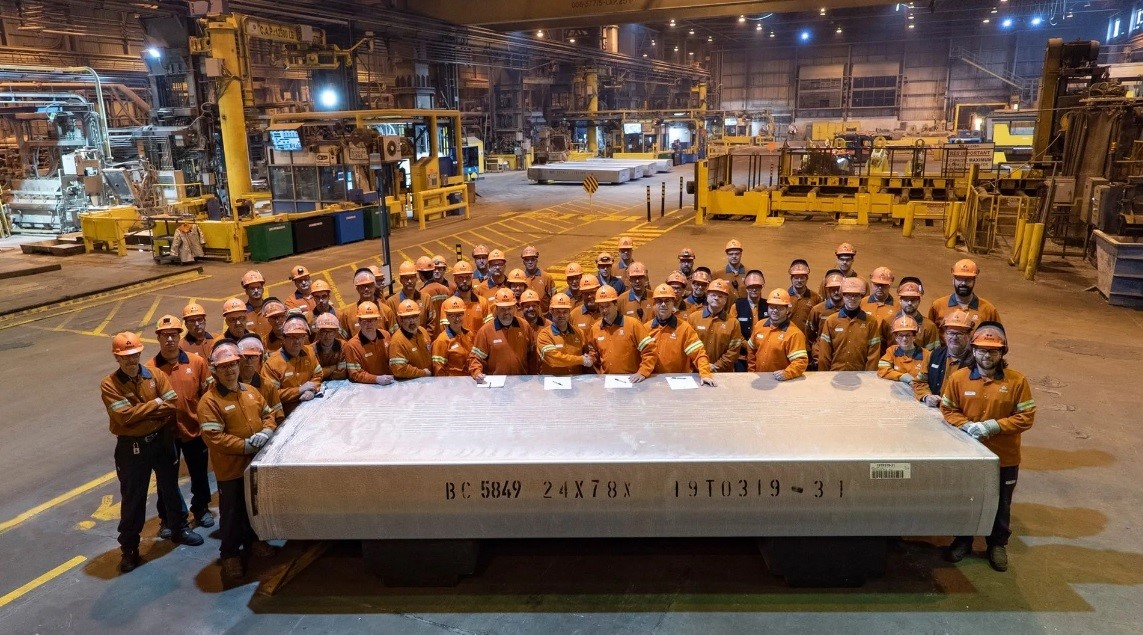

Lafayette, Indiana, is home to the world's largest aluminium-lithium facility, Alcoa's Casting House. The plant, which cost $90 million and took two years to construct, is situated on a 170-acre, multi-building plot. According to the World Record Academy, it sets the world record for being the largest aluminium-lithium aerospace plant.

"Alcoa officially opened the world's largest aluminium-lithium plant in Lafayette, Ind., where it will produce advanced, third-generation aluminium-lithium alloys for the aerospace industry," sources revealed.
The Casting House will forge aluminium lithium alloys that will be used to manufacture wing skins, fuselage skins, wing stringers, floor beams, and seat tracks for commercial jets built by Boeing, Airbus, and Gulfstream.
Alcoa, the company behind the plant, is investing heavily in aerospace, including a $100 million jet engine parts facility focusing on nickel alloys. This move is part of an aggressive push by Alcoa in the industry, which generates roughly $120 billion annually in the U.S. alone.
Alcoa is a global leader in lightweight metals technology, engineering, and manufacturing. According to the official website, aircraft manufacturers are increasingly turning to lighter and stronger aluminium-lithium alloys, which are less expensive than titanium and composites. These alloys enable better fuel efficiency and lower maintenance costs.

Alcoa Chairman and CEO Klaus Kleinfeld stated that the future of aviation is being built with aluminium-lithium, and Alcoa is making big moves to capture that demand. Alcoa's Lafayette facility can incredibly create the world's largest aluminium-lithium ingots, approximately 50% larger than the nearest competitor and big enough to make any single-piece component on today's aircraft.
Alcoa also operates the world's widest, 220" rolling mill at its facility in Davenport, Iowa, making it the only company capable of producing single-piece aluminium-lithium wing skins for the largest commercial aeroplanes.
Alcoa's aluminium-lithium materials lower the weight of single-aisle fuselage applications by up to 10% versus composites. These materials also lower the cost to manufacture, operate, and maintain planes by up to 30% versus composite-intensive aeroplanes and at significantly lower production risk. They contribute to 20% better fuel efficiency and deliver passenger comfort features equivalent to composite-intensive planes, such as higher cabin pressure, large windows, and higher humidity.
Alcoa supplies aluminium-lithium products and aviation parts to all major airframe manufacturers. Beyond aviation, Alcoa supplies aluminium-lithium products for space applications, including on the ULA rocket and developing applications for Space X, automotive applications, including parts for commercial trucks, high-performance sports cars, Formula One cars, and military applications. Alcoa recently produced the world's largest single-piece forged aluminium hull for combat vehicles to improve troop protection as part of a joint initiative with the U.S. Army launched in 2013.
Responses








